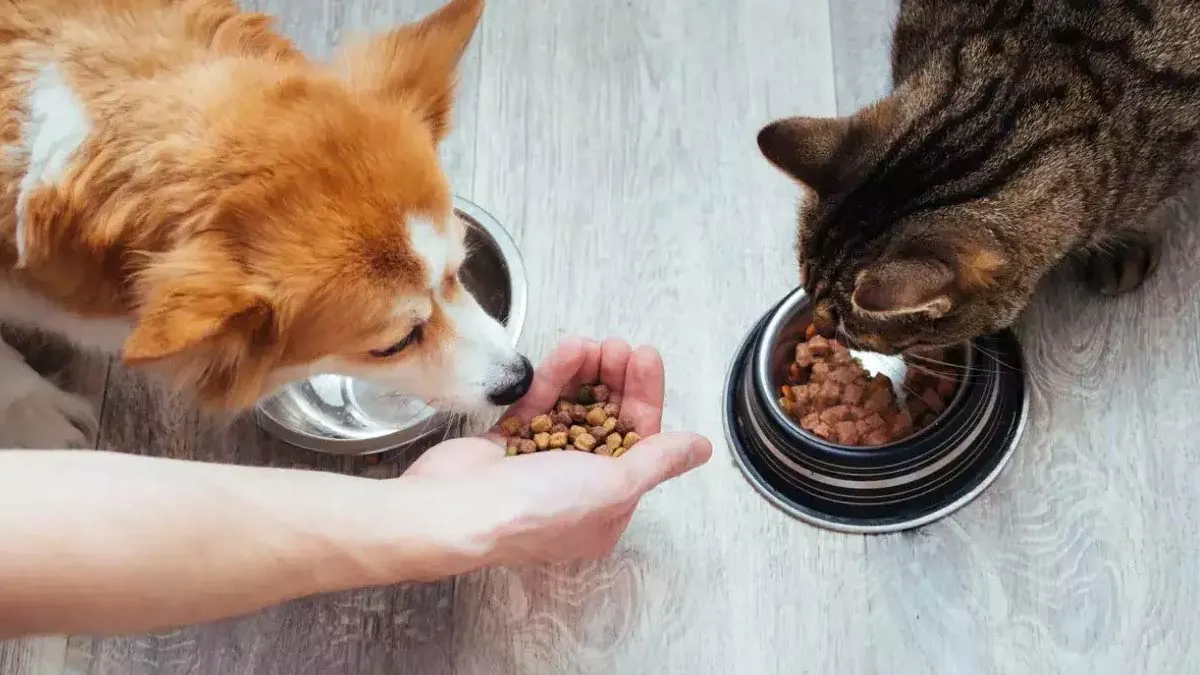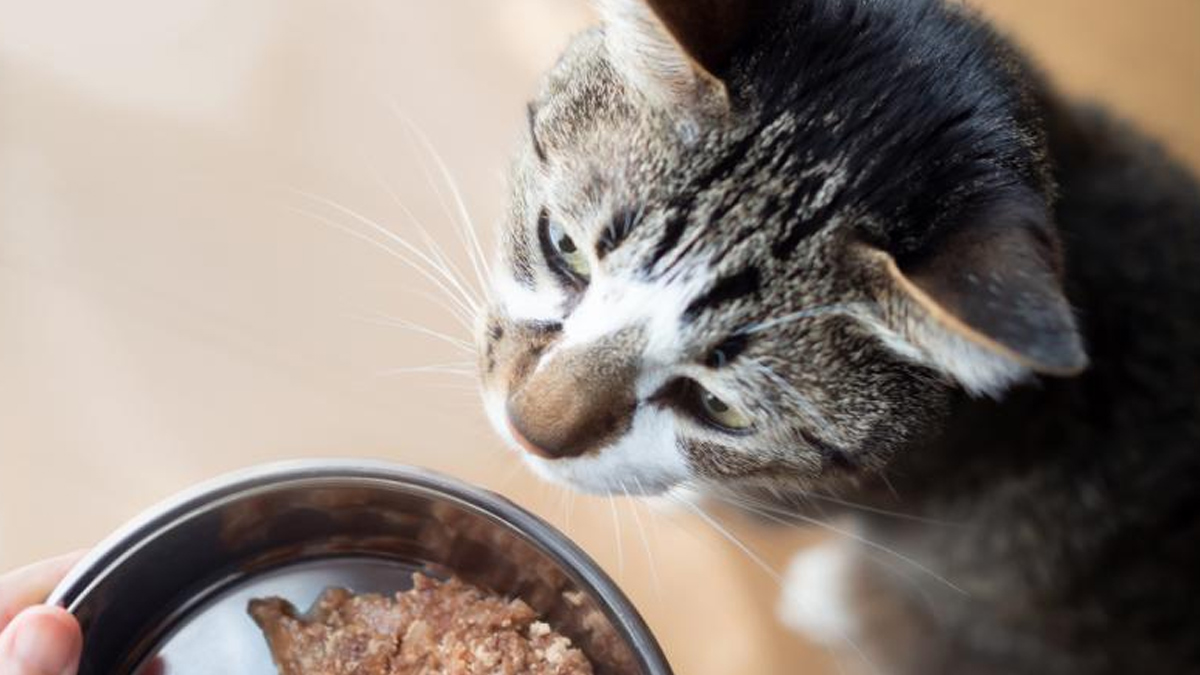
The U.S. Food and Drug Administration (FDA) has issued a strong warning to pet owners and pet food manufacturers after multiple reports of cats falling seriously ill or dying from bird flu (H5N1) infections linked to contaminated raw pet food. The agency is urging immediate precautions to prevent further spread and protect household pets.
Table of Content:-
FDA Raises Alarm Over Bird Flu in Pet Food
Concerns over the transmission of highly pathogenic avian influenza (HPAI) have intensified following cases where cats became infected after consuming raw meat or unpasteurized milk containing the virus. The FDA’s advisory emphasizes the dangers of feeding pets uncooked food and highlights steps that can be taken to mitigate the risks.
“Bird flu can be fatal for both cats and dogs,” the FDA stated. “We urge pet owners to carefully assess the risks before offering raw diets to their animals.”

How Bird Flu Spreads Through Food
Since 2022, H5N1 has been detected in birds across all U.S. states, making contamination more widespread. Cats appear particularly vulnerable, with both domestic and stray felines contracting the virus after eating infected poultry or dairy products.
The spread of H5N1 among pets has raised red flags within the veterinary community, as the virus can cause severe respiratory distress, neurological symptoms, and even death in infected animals.
Also Read: UK On High Alert As ‘Mystery Virus’ HMPV Surges, NHS Issues Urgent Health Warning
FDA’s Recommendations for Pet Owners and Manufacturers
To reduce the risks, the FDA has outlined several safety measures:
- Use of Heat Treatment: Pet food manufacturers are advised to process meat, milk, and eggs at high temperatures to kill harmful pathogens.
- Safe Sourcing: Only ingredients from healthy animals should be used in pet food production.
- Cooking Raw Pet Food: Pet owners are encouraged to cook raw meat thoroughly before feeding it to their pets.
While these recommendations are not legally binding, the FDA hopes that increased awareness will lead to better food safety practices within the pet industry.

Veterinary Experts Stress the Importance of Cooking Pet Food
Dr Jane Sykes, a professor of small animal internal medicine at the University of California, Davis, noted that while the FDA's warning is a step in the right direction, it lacks clear guidelines on testing and processing standards. “The advisory does not specify how to test for H5N1 or what level of heat treatment is required to fully eliminate the virus,” Dr Sykes told NBC News.
Meanwhile, Dr J Scott Weese, director of the Center for Public Health and Zoonoses at the University of Guelph, emphasized that cooking is the most effective way to prevent infection. “Heat treatment has been proven to inactivate the virus in food products. If you want full protection, cooking is the safest option,” Dr Weese stated.
Pet Food Industry’s Response to the FDA Warning
Some pet food companies have already implemented safety measures in response to the growing concerns. Instinct, a raw pet food company based in St. Louis, has adopted high-pressure processing (HPP) or pasteurization to eliminate pathogens from its products.
Brock Zentz, the company’s senior director of food safety and quality, reassured pet owners that they are taking the necessary precautions. “Like the FDA, we recognize the risks of Highly Pathogenic Avian Influenza (HPAI) and have safety measures in place,” he said. However, experts caution that while HPP reduces the risk, it may not completely eliminate the virus. “It’s a good precaution, but it’s not foolproof,” Dr. Weese added.
What Pet Owners Can Do to Protect Their Pets
With the rising threat of H5N1 infections, the FDA urges pet owners to follow these key safety steps:
- Cook raw pet food thoroughly to eliminate any potential virus contamination.
- Avoid feeding pets unpasteurized milk or untreated raw meat that may come from infected poultry.
- Prevent outdoor pets from hunting wild birds, as this increases their exposure to avian flu.
- Monitor pets for symptoms such as coughing, fever, lethargy, or difficulty breathing, and seek veterinary care immediately if they show signs of illness.
Bottomline
As concerns over bird flu continue to grow, the FDA’s latest warning serves as a critical reminder for pet owners to be vigilant about their pets' diet and exposure to potential sources of infection. While raw pet food diets have gained popularity, the risks of H5N1 transmission highlight the importance of cooking pet meals and ensuring safe food-handling practices.
With experts and health officials closely monitoring the situation, further regulations may follow if more cases emerge. For now, pet owners should take proactive steps to protect their furry companions from this deadly virus.
Also watch this video
How we keep this article up to date:
We work with experts and keep a close eye on the latest in health and wellness. Whenever there is a new research or helpful information, we update our articles with accurate and useful advice.
Current Version